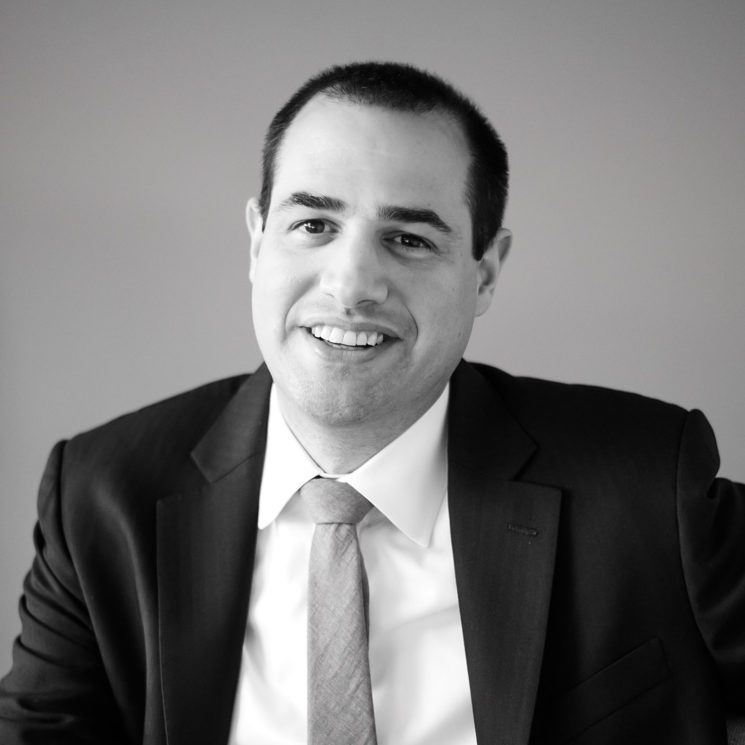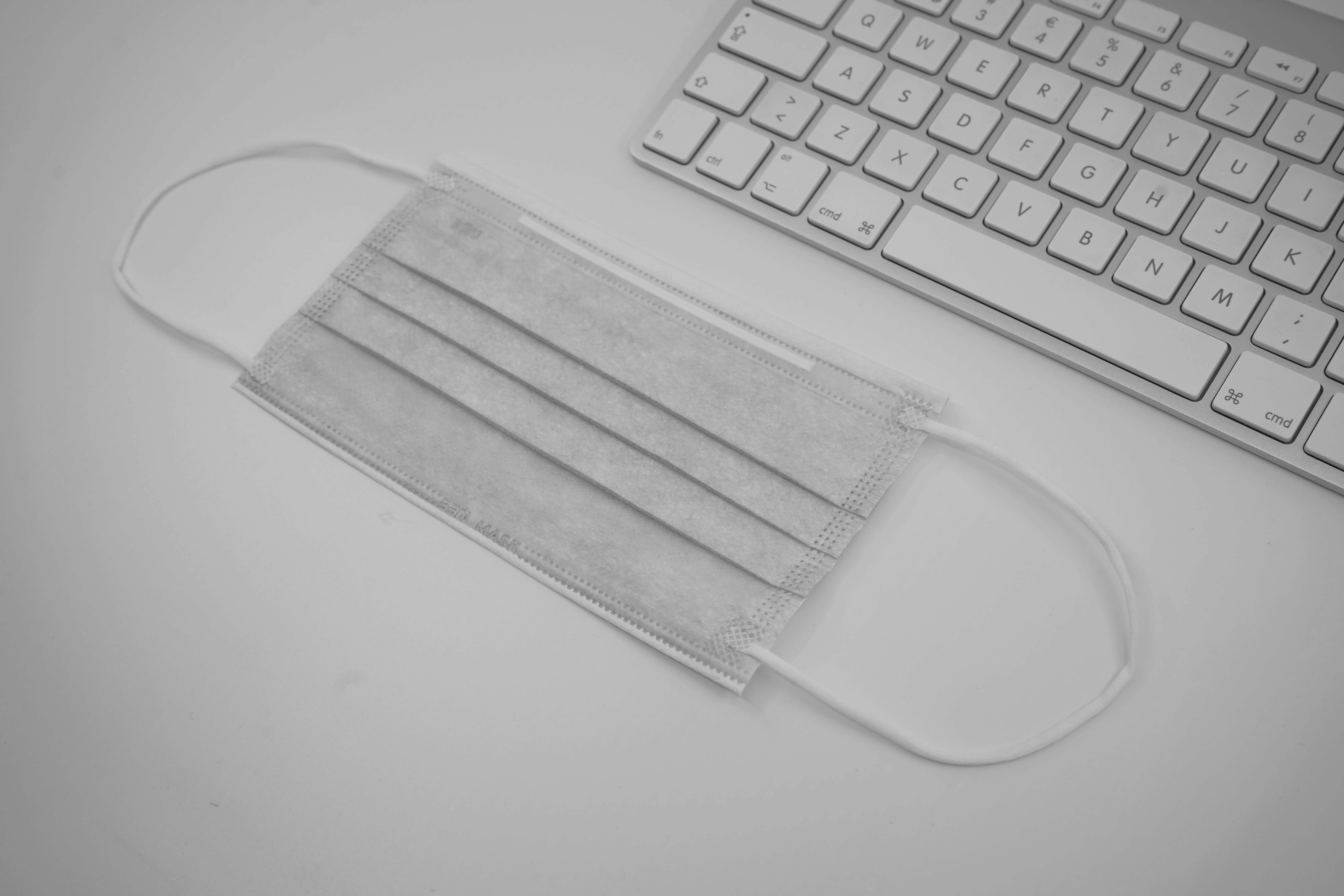Delaware Bankruptcy Courts Foreclose Creative Attempts to Distinguish ASARCO
On June 15, 2015, the U.S. Supreme Court issued its opinion in the case of Baker Botts L.L.P. v. ASARCO LLC, 135 S. Ct. 2158 (2015), denying compensation to two law firms for the fees they incurred in defending objections to their fee applications. Subsequent to confirmation of ASARCO’s plan of reorganization, the law firms of Baker Botts L.L.P. and Jordan, Hyden, Womble, Culbreth & Holczer, P.C. filed fee applications under section 330(a)(1) of the Bankruptcy Code. Id. at 2163. ASARCO, then controlled by a company the two law firms successfully sued during the course of the bankruptcy cases, objected. Id. The bankruptcy court overruled ASARCO’s objection and awarded the law firms, among other sums, approximately $5 million for time spent litigating in defense of their fee applications. Id. The Fifth Circuit reversed, holding that section 330(a)(1) does not authorize fees for defending fee applications, and the Supreme Court affirmed. Id.
In ASARCO, the Supreme Court relied on the “American Rule” of attorney fee structure that each litigant pays for his or her own attorney’s fees, win or lose, unless a statute or contract provides otherwise. 135 S. Ct. at 2164. Although the Court conceded that it had recognized departures from the American Rule in the past, it had only done so with instances of “specific and explicit provisions for the allowance of attorneys’ fees under selected statutes,” Id. (quoting Alyeska Pipeline Serv. Co. v. Wilderness Soc’y, 95 S. Ct. 1612, 1623 (1975)), noting that such provisions generally authorize the award of “a reasonable attorney’s fee,” “fees,” or “litigation costs,” and usually refer to a “prevailing party” in the context of an adversarial “action.” 135 S. Ct. at 2164 (citing 28 U.S.C. § 2412(d)(1)(A); 42 U.S.C. §§ 1988(b), 2000e-5(k)). Accordingly, the Court found that section 330(a)(1) of the Bankruptcy Code did not fall within this description “because it neither specifically nor explicitly authorizes courts to shift the costs of adversarial litigation from one side to the other . . . as most statues that displace the American Rule do.” 135 S. Ct. at 2165.
Subsequent to ASARCO, certain professionals in bankruptcy cases pending in the U.S. Bankruptcy Court for the District of Delaware have sought to gain prospective approval of fees that they may incur in connection with successfully defending fee applications by including an indemnification provision in their engagement agreements and/or the proposed order submitted with their retention application. See, e.g., In re New Gulf Res., LLC, Case No. 15-12566 (BLS) (Bankr. D. Del.), Dkt. No. 54; In re Taylor-Wharton Int’l LLC, Case No. 15-12075 (BLS) (Bankr. D. Del.), Dkt. No. 194; In re Quiksilver, Inc., Case No. 15-11880 (BLS) (Bankr. D. Del.), Dkt. No. 36; In re Boomerang Tube, Inc. Case No. 15-11247 (MFW) (Bankr. D. Del.), Dkt. No. 271. The U.S. Trustee for the District of Delaware, however, has objected to, or provided informal comments to, most if not all of these professionals’ retention applications, asserting that ASARCO precludes approval of such an indemnification provision. See, e.g., New Gulf Res., Dkt. No. 116; Taylor-Wharton Int’l, Dkt. No. 278; Boomerang Tube, Dkt. No. 314. Although retention of these professionals has ultimately been approved, the orders approving such retention contain a caveat that the applicable indemnification provision is subject to further order of the court. See, e.g., Quicksilver, Dkt. No. 245; Boomerang Tube, Dkt. No. 391. On January 29, 2016, in the case of Boomerang Tube, Case No. 15-11247, 2016 WL 385933 (Bankr. D. Del. Jan. 29, 2016), Judge Walrath issued an opinion on the approval of fee defense provisions under section 328(a) of the Bankruptcy Code.
In Boomerang Tube, professionals for the official committee of unsecured creditors sought to distinguish ASARCO by arguing, among other things, that because they were seeking approval of a fee defense provision under section 328(a) of the Bankruptcy Code, rather than section 330(a), ASARCO was not binding precedent. 2016 WL 385933, at *1-2. The U.S. Trustee disagreed, asserting that although committee professionals were retained under section 328(a) of the Bankruptcy Code (as opposed to section 327(a) as discussed in ASARCO), they could only be paid pursuant to section 330(a) of the Bankruptcy Code and therefore ASARCO was directly on point. Id., at *2. The court agreed with the U.S. Trustee, stating that “[n]either section 330 nor section 328 contain similar express language awarding attorneys’ fees for successful prosecution of a defense to a fee objection.” Id., at *3. Consequently, the court held that “section 328, like section 330, does not provide an exception to the American Rule and cannot support the fee defense provisions at issue under the Supreme Court’s ruling in ASARCO.” Id.
Moreover, committee counsel argued that ASARCO acknowledged a contractual exception to the American Rule and that their retention agreements with the committee fall within that exception. 2016 WL 385933, at *3. The court agreed with committee counsel that a contract exception to the American Rule was not precluded by ASARCO; however, it stated that retention agreements are “ultimately subject to approval (and modification) by the Court” and are not exceptions to the American Rule because they are not the “typical contract modifying the American Rule,” which is “a contract between two parties providing that each will be responsible for the other’s legal fees if it loses a dispute between them.” Id., at *4. In support of this finding, the court also noted that a retention agreement between committee professionals and the committee could not bind the bankruptcy estate because it is not a party to the contract. Id. at *4.
Importantly, the court also noted, albeit in a footnote, that it would reach the same conclusion if the fee defense provisions were in a retention agreement filed by any professional retained under section 328(a) of the Bankruptcy Code, including one retained by a debtor, noting that “[s]uch provisions are not statutory or contractual exceptions to the American Rule and are not reasonable terms of employment of professionals.” 2016 WL 385933, at *8 n.6.
It remains to be seen whether other judges will adopt the reasoning set forth in Boomerang Tube; however, the standard in Delaware is already spreading. For example, Judge Shannon recently issued similar letters in the cases of In re Taylor-Wharton International, LLC and In re New Gulf Resources, LLC, stating in both that he had “carefully considered the [Boomerang Tube] Opinion and agree[s] with its holding (including comments contained in Footnote 6 of the Opinion applying its rationale to the retention of debtor’s counsel).” Taylor-Wharton Int’l, Dkt. No. 405; New Gulf Res., Dkt. No. 228. Consequently, unless Congress amends the Bankruptcy Code to specifically permit compensation for fees incurred by professionals in defending objections to their fee applications, at least in the District of Delaware fees incurred in connection therewith remain subject to attack without the ability to be paid for defending those attacks.
No aspect of this advertisement has been approved by the highest court in any state.
Results may vary depending on your particular facts and legal circumstances.
As the law continues to evolve on these matters, please note that this article is current as of date and time of publication and may not reflect subsequent developments. The content and interpretation of the issues addressed herein is subject to change. Cole Schotz P.C. disclaims any and all liability with respect to actions taken or not taken based on any or all of the contents of this publication to the fullest extent permitted by law. This is for general informational purposes and does not constitute legal advice or create an attorney-client relationship. Do not act or refrain from acting upon the information contained in this publication without obtaining legal, financial and tax advice. For further information, please do not hesitate to reach out to your firm contact or to any of the attorneys listed in this publication.
Join Our Mailing List
Stay up to date with the latest insights, events, and more




